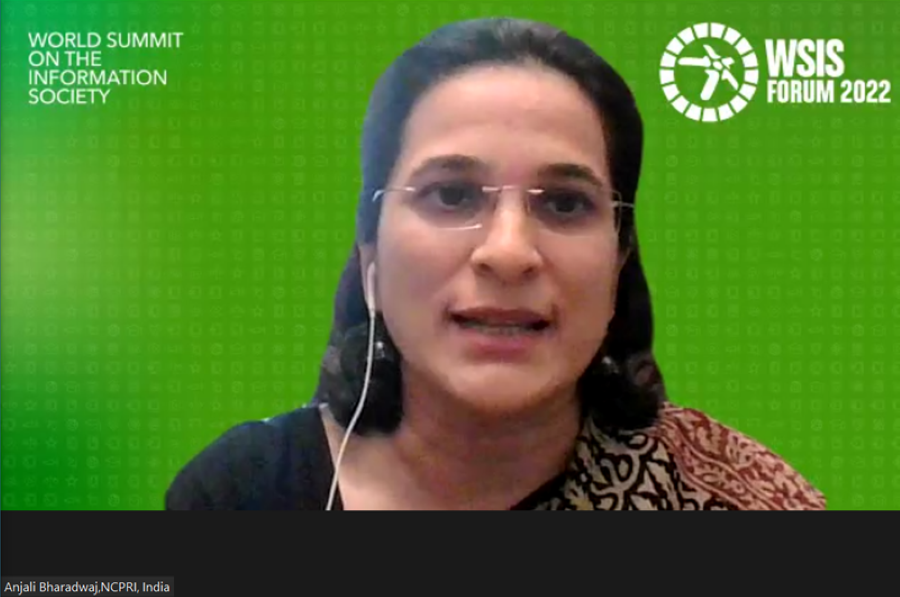WSIS Action Line C9: Rethinking UNESCO Policy Guidelines for the Development and Promotion of Governmental Public Domain Information
UNESCO
Session 279
The workshop will discuss the scope of the new version of the Policy Guidelines for the Development and Promotion of Governmental Public Domain Information
The purpose of the Policy Guidelines for the Development and Promotion of Governmental Public Domain Information is to build on this impetus to help develop and promote information in the public domain at the government level, with particular attention to access to information laws and information in digital form.
The scope of these Policy Guidelines is limited to the discussion of key issues, principles, policies and procedures that can help to develop and promote the production, dissemination, preservation, and use of governmental public domain information at the national level.
The Policy Guidelines aim to:
· Better define governmental public domain information and to describe its role and importance;
· Provide an authoritative guidance to state actors on the developments of legal frameworks and policies on matters affecting the right to information;
· Suggest principles that can help guide the development of policy, infrastructure and services for provision of information produced by governments to the public;
· Assist in fostering the production, archiving and dissemination of public domain information, with emphasis on ensuring multilingual content, where necessary;
· Help promote access of all citizens, especially including disadvantaged communities.




.jpg?maxwidth=500)
-
 C2. Information and communication infrastructure
C2. Information and communication infrastructure
-
 C3. Access to information and knowledge
C3. Access to information and knowledge
-
 C4. Capacity building
C4. Capacity building
-
 C6. Enabling environment
C6. Enabling environment
-
 C7. ICT applications: benefits in all aspects of life — E-government
C7. ICT applications: benefits in all aspects of life — E-government
The online events address the following theme: “ICTs for Well-Being, Inclusion and Resilience: WSIS Cooperation for Accelerating Progress on the SDGs”.
UNESCO is the custodian agency for monitoring Sustainable Development Goal 16.10 indicator 2. ”. SDG 16.10.2 refers to the number of countries that adopt and implement constitutional, statutory and/or policy guarantees for public access to information, and remains interwoven with other SDGs.
It is important to respect and maintain the right to information and recognize its entire definition: "the Right to Public Access to Information means the right to life, the right to earn a living, the right to live in a society governed by the rule of the law, the right to live in a society free of corruption, the right to know how algorithms are constructed and used against the population, the right to know the data that are being collected about oneself, the right to live in a just society, as the right to hold government to account".
-
 Goal 16: Promote just, peaceful and inclusive societies
Goal 16: Promote just, peaceful and inclusive societies
UNESCO has been designated as custodian agency for reporting on global progress by means of SDG Indicator 16.10.2 concerning public access to information. The Indicator looks at “Number of countries that adopt and implement constitutional, statutory and/or policy guarantees for public access to information.”
.png?maxwidth=2160)





